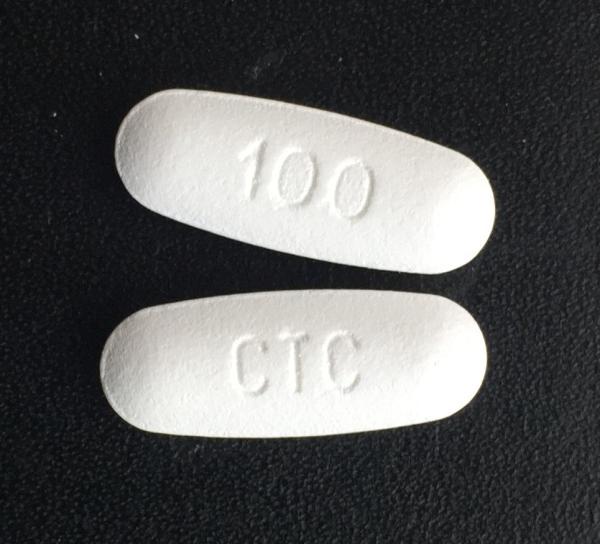Seglentis Interactions
There are 969 drugs known to interact with Seglentis (celecoxib/tramadol), along with 21 disease interactions, and 2 alcohol/food interactions. Of the total drug interactions, 378 are major, 590 are moderate, and 1 is minor.
- View all 969 medications that may interact with Seglentis
- View Seglentis alcohol/food interactions (2)
- View Seglentis disease interactions (21)
Most frequently checked interactions
View interaction reports for Seglentis (celecoxib / tramadol) and the medicines listed below.
- acetaminophen
- Adderall (amphetamine / dextroamphetamine)
- Advair Diskus (fluticasone / salmeterol)
- aspirin
- baclofen
- benzonatate
- celecoxib
- Cymbalta (duloxetine)
- diclofenac
- finasteride
- Flexeril (cyclobenzaprine)
- gabapentin
- hydrocodone
- hydroxyzine
- hyoscyamine
- ibuprofen
- lisinopril
- magnesium glycinate
- meloxicam
- methocarbamol
- methylprednisolone
- multivitamin
- naproxen
- omeprazole
- prednisone
- tizanidine
- tramadol
- trazodone
- Tylenol (acetaminophen)
- Vitamin D3 (cholecalciferol)
Seglentis alcohol/food interactions
There are 2 alcohol/food interactions with Seglentis (celecoxib / tramadol).
Seglentis disease interactions
There are 21 disease interactions with Seglentis (celecoxib / tramadol) which include:
- asthma
- fluid retention
- GI toxicity
- rash
- renal toxicities
- thrombosis
- gastrointestinal obstruction
- acute alcohol intoxication
- drug dependence
- respiratory depression
- anemia
- hepatotoxicity
- hyperkalemia
- gastrointestinal conditions
- hypoglycemia
- hypotension
- intracranial pressure
- liver disease
- renal dysfunction
- seizure disorders
- suicidal
More about Seglentis (celecoxib / tramadol)
- Seglentis consumer information
- Compare alternatives
- Drug images
- Side effects
- Dosage information
- During pregnancy
- FDA approval history
- Drug class: narcotic analgesic combinations
- En español
Related treatment guides
Drug Interaction Classification
| Highly clinically significant. Avoid combinations; the risk of the interaction outweighs the benefit. | |
| Moderately clinically significant. Usually avoid combinations; use it only under special circumstances. | |
| Minimally clinically significant. Minimize risk; assess risk and consider an alternative drug, take steps to circumvent the interaction risk and/or institute a monitoring plan. | |
| No interaction information available. |
Further information
Always consult your healthcare provider to ensure the information displayed on this page applies to your personal circumstances.


